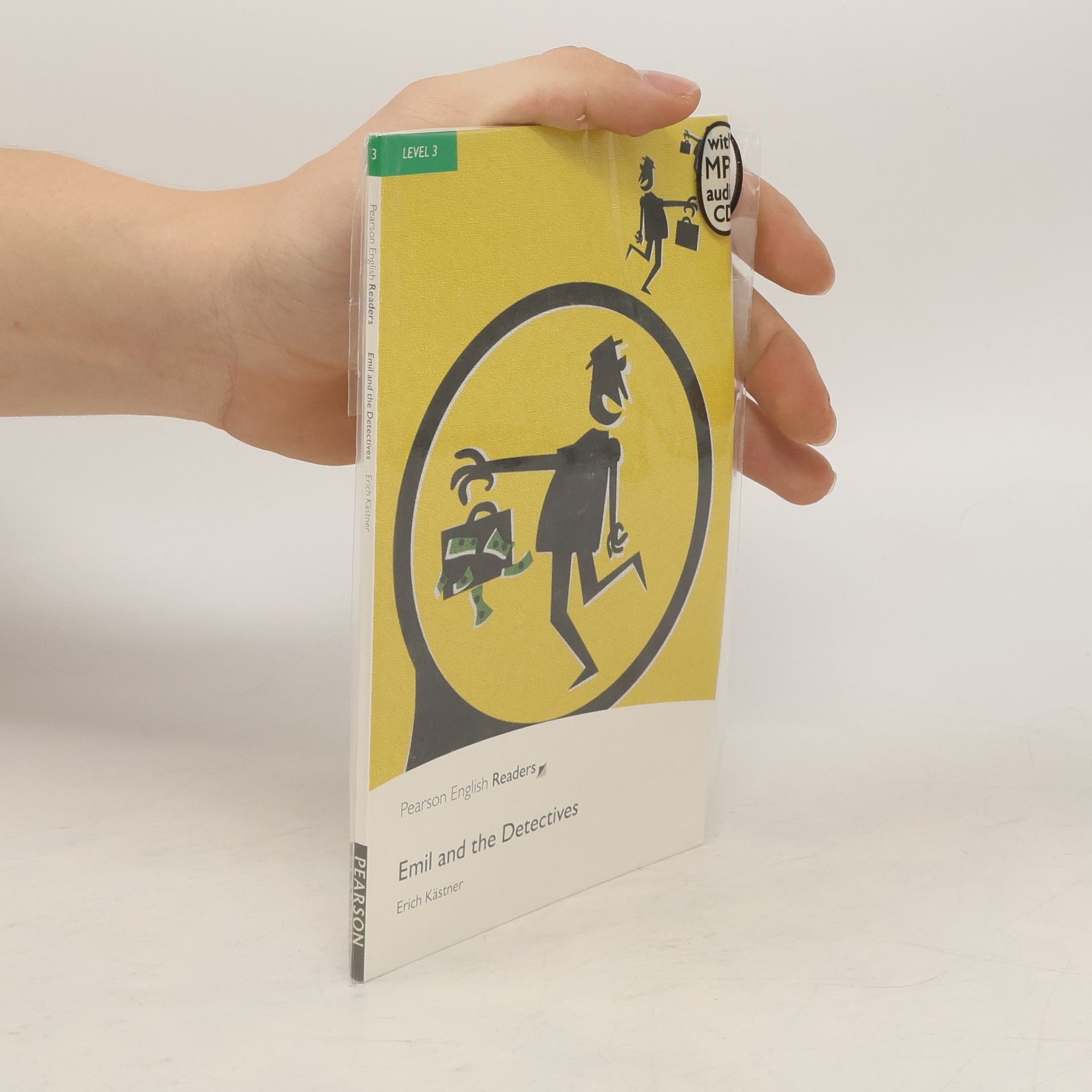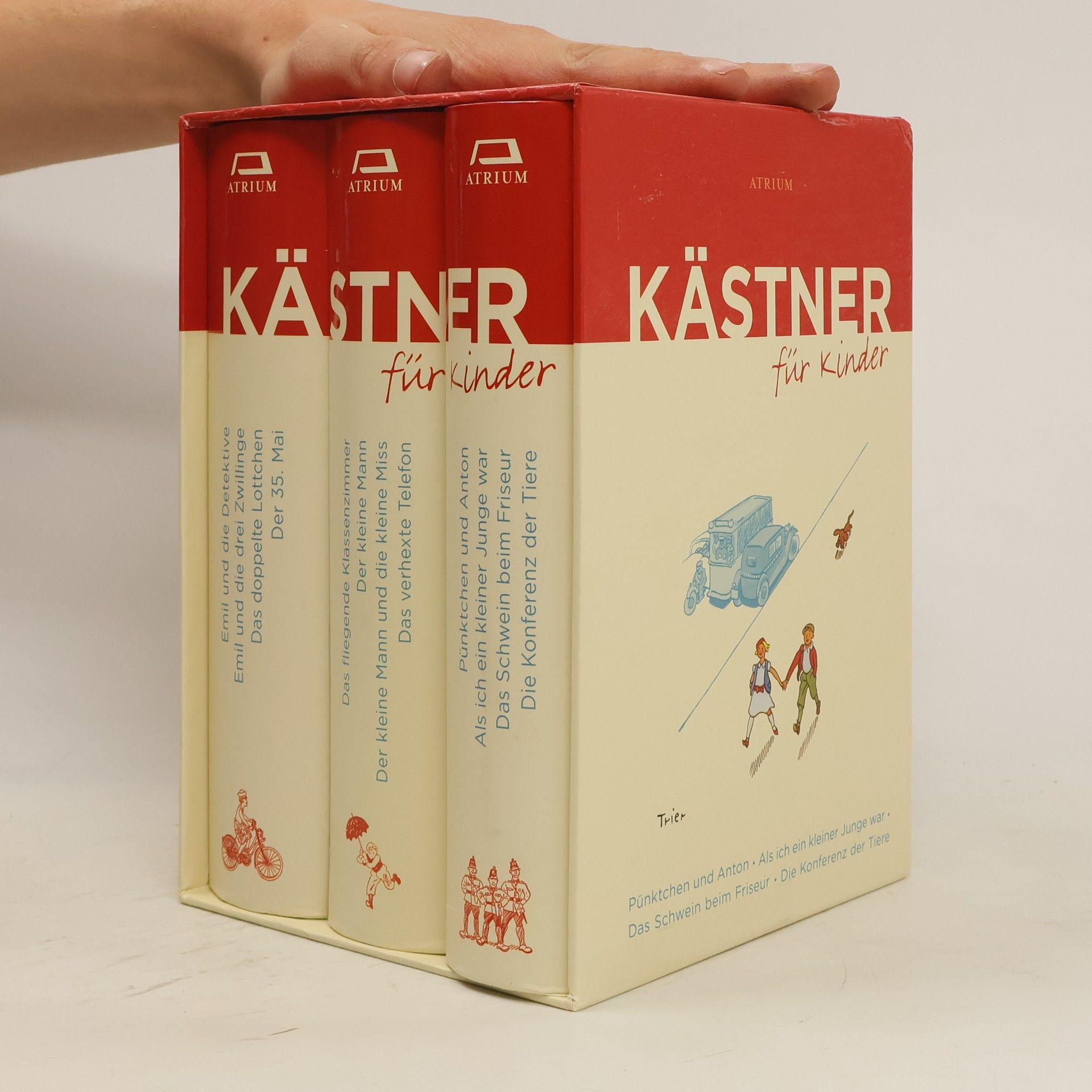The parent trap
- 144 páginas
- 6 horas de lectura
It's the oddest of all odd things, when two girls who have never met before suddenly stand before each other at summer camp - and discover that they're the spitting image of each other. Louise is from Vienna and has long, curly locks; Lottie is from Munich and wears her hair in two severe plaits - but that's truly the only difference between them. Louise and Lottie decide to discover the secret behind their similarity: when the holiday is over, Louise returns to Munich as Lottie, and Lottie to Vienna as Louise.









